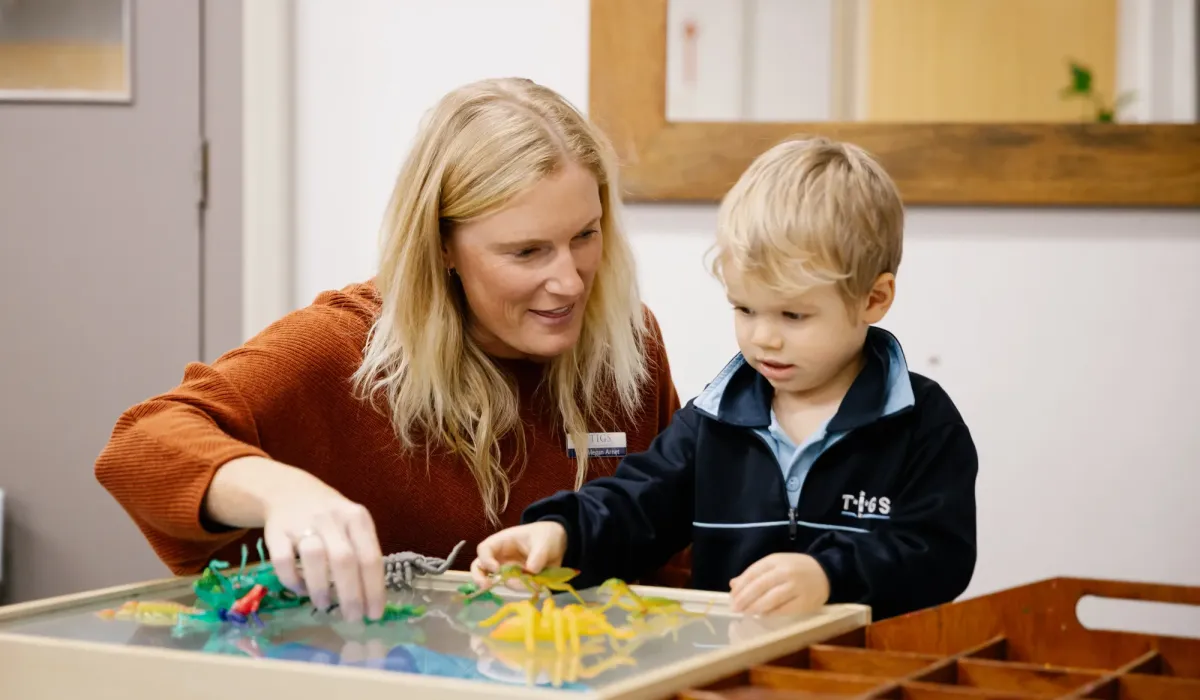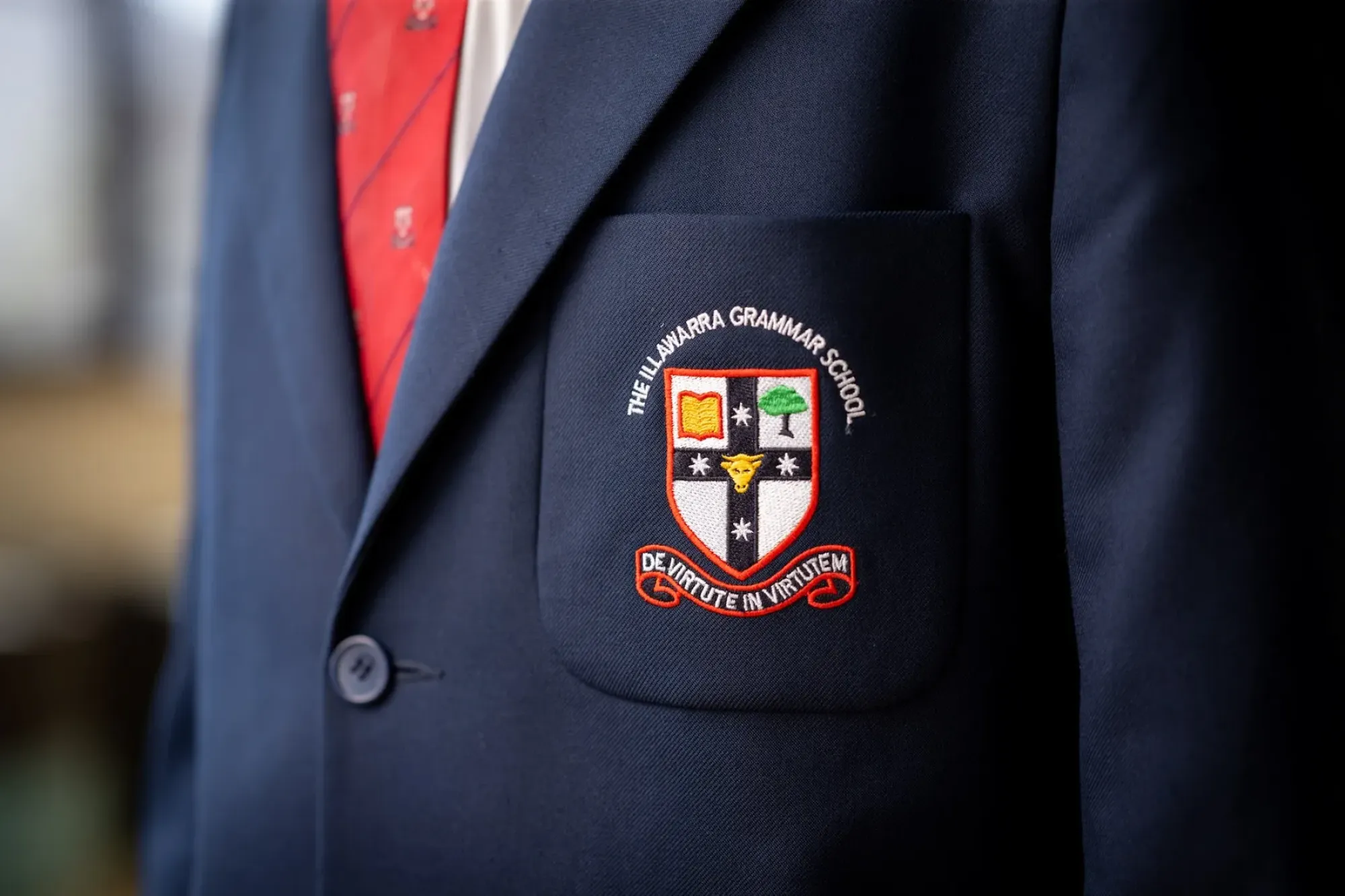
Recycling Doesn’t Go To Waste
In collaboration with the Primary Years Programme (PYP), our learning environment is influenced strongly by the Reggio Emilia Educational Philosophy approach to education. Reggio Emilia pre-schools have a long tradition of democratic involvement and social responsibility. In Reggio, children are considered citizens of the present rather than citizens of the future. Reggio educators believe that their early childhood centres play a significant role in building culture and society.
National Recycling Week
National Recycling Week is upon us, and the Prep children are putting on their green capes and saving the planet!
Since 1996, National Recycling Week has brought nation-wide attention to the importance of recycling and the unmatched benefit it can have for our environment. Not only does this week get people thinking about how to live greener, but it also educates and calls to action a new generation of environmental warriors each year, tasking them with the mission to make and help encourage big change to save our planet.
This year’s Planet Ark’s National Recycling Week theme is ‘Recovery – A future beyond the bin’, which provides an important opportunity for councils, workplaces, schools and individuals to improve their recycling knowledge, build better recycling habits and build trust in recycling.
The Prep children were immersed in the world of recycling. The children learnt about the impact of waste on the environment and discovered ways that they can help to reduce this impact through their own actions, then this becomes part of the way that they will think and behave for the rest of their lives.
Creativity, which lies at the heart of the educational experience in Reggio, is fostered by encouraging children to ask questions and seek explanations, to explore ideas and possibilities and to review and reflect on their learning.
The children are encouraged to use a wide range of natural and recycled materials to support their open-ended exploration and investigation. Children respect and value these resources and look upon them as ‘intelligent materials’ with enormous creative possibilities.
In the classroom, recycling boxes were placed with labels on them for recycling such as plastic, glass, paper/cardboard and cans/tins. The children were provided with all these materials and were invited to use their knowledge to sort through and place the materials in the correlating boxes. They thoroughly enjoyed this experience and all expressed interest in helping to recycle at home.
While sorting the recycling, the children were asked if they knew any way they could help the planet:
Each lesson is aligned with the Early Years Learning Framework and includes hands-on, children-centred learning activities that are fun and engaging and cover:
- Waste and recycling investigations.
- Collaging recycled materials.
- Describing and sorting waste.
- Sorting waste according to size, shape, weight, colour and texture.
- A sensory exploration of paper (feel, smell, and sound).
- Drawing the connection between paper and trees.
These activities will help embed sustainability and recycling into our daily practices at Prep and the community.
This year, the children will once again enter the inaugural Early Start Sustainable Sculpture Awards for the chance to have their work displayed at the Discovery Space. We can all make a difference to help save our planet! What can you do? In the words of the Lorax from Dr Seuss:
“Unless someone like you cares a whole awful lot, nothing is going to get better. It’s not.”

